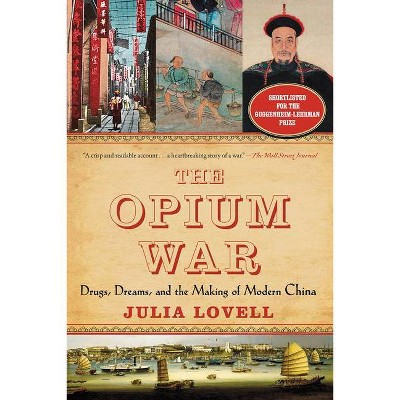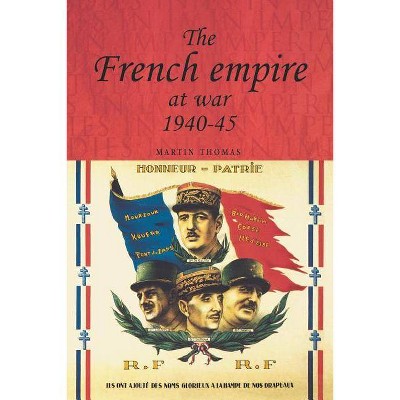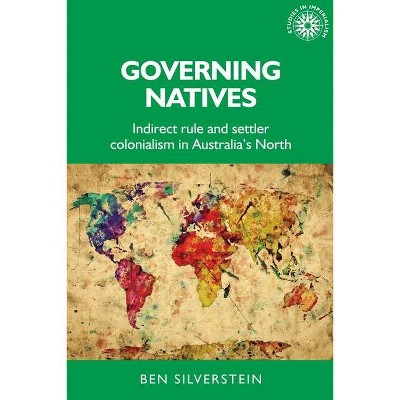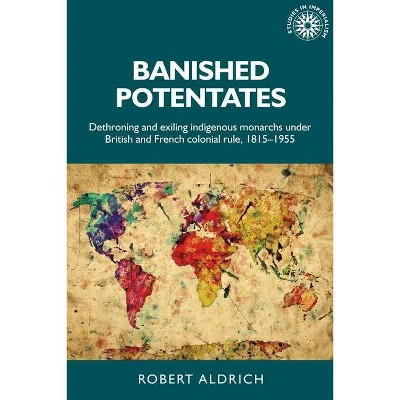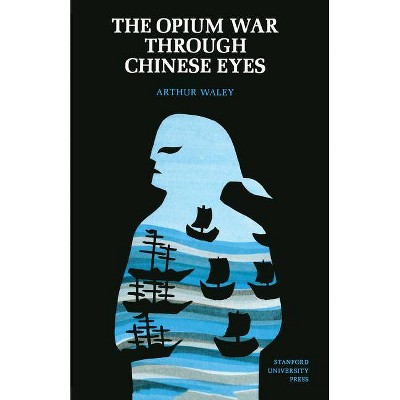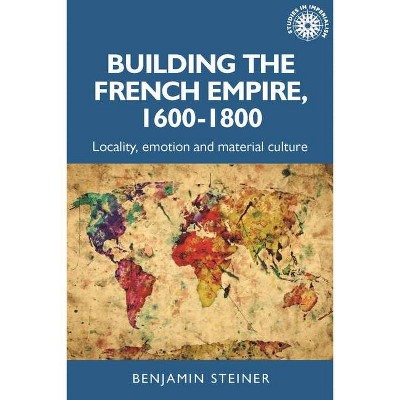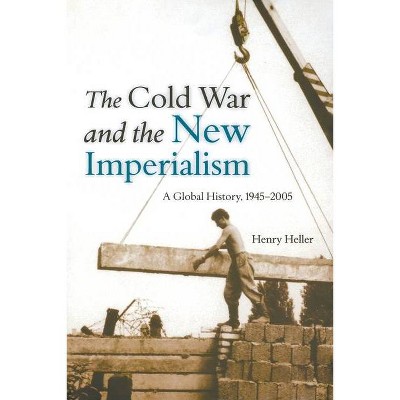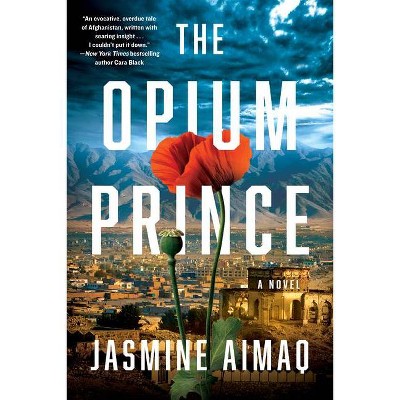Creating the Opium War - (Studies in Imperialism) by Hao Gao (Hardcover)
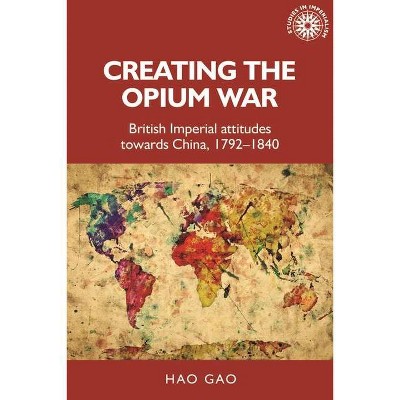
Similar Products
Products of same category from the store
AllProduct info
<p/><br></br><p><b> About the Book </b></p></br></br>This book explores British imperial attitudes towards China during their early encounters from 1792 to 1840.<p/><br></br><p><b> Book Synopsis </b></p></br></br><i>Creating the Opium War</i> examines British imperial attitudes towards China during their early encounters from the Macartney embassy to the outbreak of the Opium War - a deeply consequential event which arguably reshaped relations between China and the West in the next century. It makes the first attempt to bring together the political history of Sino-western relations and the cultural studies of British representations of China, as a new way of explaining the origins of the conflict. The book focuses on a crucial period (1792-1840), which scholars such as Kitson and Markley have recently compared in importance to that of American and French Revolutions. By examining a wealth of primary materials, some in more detail than ever before, this study reveals how the idea of war against China was created out of changing British perceptions of the country.<p/><br></br><p><b> From the Back Cover </b></p></br></br>This book examines British imperial attitudes towards China during their early encounters from 1792 to 1840. It makes the first attempt to bring together the political history of Sino-western relations and cultural studies of British representations of China, as a new way of understanding the origins of the Opium War--a deeply consequential event that arguably reshaped relations between China and the West for the next hundred years. The book focuses on the crucial half-century before the war, a medium-term (<i>moyenne durée</i>) period that scholars such as Kitson and Markley have recently compared in importance to that of American and French Revolutions. <i>Creating the Opium War</i> investigates a range of Sino-British political points of connection, from the Macartney embassy (1792-94), through the Amherst embassy (1816-17) to the Napier incident (1834) and the lead-up to the opium crisis (1839-40). The book shows that throughout this period, Britain harboured increasingly hostile feelings towards China, but at the same time, British opinion-formers and decision-makers disagreed with each other on fundamental matters such as whether to adopt a pacific or aggressive policy towards the Qing and the disposition of the Chinese emperor. It examines a wealth of primary materials, some of which have not received sufficient attention before, focusing on the perceptions formed by those who had first-hand experience of China or possessed political influence in Britain. This study ultimately reveals how the idea of war against the Chinese empire was created on the basis of these developing imperial attitudes.<p/><br></br><p><b> Review Quotes </b></p></br></br><br>'In sum, this is a well-written and well-researched book, which also includes, by the way, a lucid index at its end that makes it easy to look up names and key terms in the main text. It will prove a very helpful guide for any student dealing with the time prior to the First Opium war and may serve as a perfect point of departure for any further research, as it bundles information from both primary sources and secondary literature related to the various aspects of that topic. No scholar who deals with early Sino-British relations should be without it.' <i>Journal of Asian History</i>, Dorothee Schaab-Hanke<br><p/><br></br><p><b> About the Author </b></p></br></br>Hao Gao is Senior Lecturer in Imperial and Global History at the University of Exeter
Price History
Price Archive shows prices from various stores, lets you see history and find the cheapest. There is no actual sale on the website. For all support, inquiry and suggestion messagescommunication@pricearchive.us
